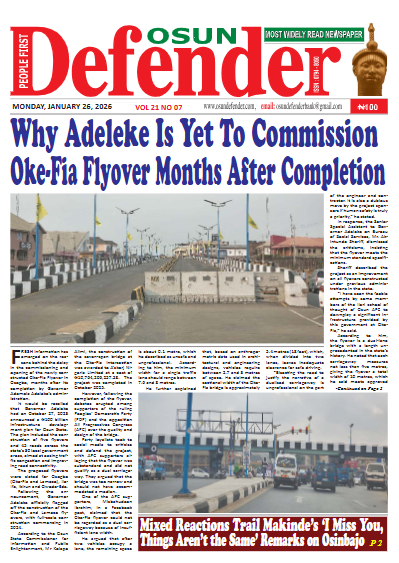As Nigeria Grapples with Historic Inflation Challenges


It is extremely alarming to know that NIGERIA is currently experiencing the worst forms of inflation in her history which are HYPERINFLATION & STAGFLATION, a period of fast-rising inflation with very slow economic growth and high rate of unemployment which has also horrendously eroded the value of our currency.
The unconscious/unprepared pronouncement of fuel subsidy removal by the President at his inauguration and the increase in VAT on imported diesel has had a significant impact on the prices of domestic food, energy, and transportation costs. This has led to rising fuel prices in the transportation industry, resulting in increased fares for commuters. The price of diesel, which is mostly used by trucks for food distribution and logistics, has also surged by a significant ratio. PMS encountered a high increase in price since the pronouncement thereby resulting in a high cost of transportation to execute daily activities.
The devaluation of the naira is also a top driver of inflation as it leads to higher import costs that ripple through the economy and affect production costs and other supply chain dynamics. This has resulted in elevated costs for machinery, fertilizers, and other inputs for farmers, which has resulted in higher food prices.
The impact of this inflation is being felt by everyone in Nigeria. Consumers are facing higher costs for imported commodities and increased transportation costs, which are leading to lower levels of consumption and social unrest. This is particularly challenging for those on low incomes, who are struggling to make ends meet in the face of rising prices.
Higher costs of food, transport, and energy prices would trigger social unrest and lead to demand for higher wages and salaries. Change in consumer behaviour is currently being experienced in the local markets as there would be a trend of consumer resistance and switching to substitutes as the purchasing power of consumers becomes even more eroded. Regrettably, instances of hunger and deprivation pervade the country, as illustrated by the struggles of the ordinary citizen.
In light of these dire circumstances, urgent intervention from the government is imperative to salvage the faltering economy. However, the current administration appears indecisive and ill-equipped to address the magnitude of the crisis at hand. A declaration of a state of emergency on the economy, coupled with swift and decisive action, is warranted to mitigate the profound impact of inflation on Nigerian society.

Prince ‘Dare Eluyemi is a graduate of the prestigious Obafemi Awolowo University (OAU) and a Fellow of the Chattered Institute of Leadership and Governance USA(Nigeria Chapter).
He’s the founder and Managing Director El-samirad Group of Companies with subsidiaries in Construction, Maintenance, Food Production, Security, and Project/Business Management.









